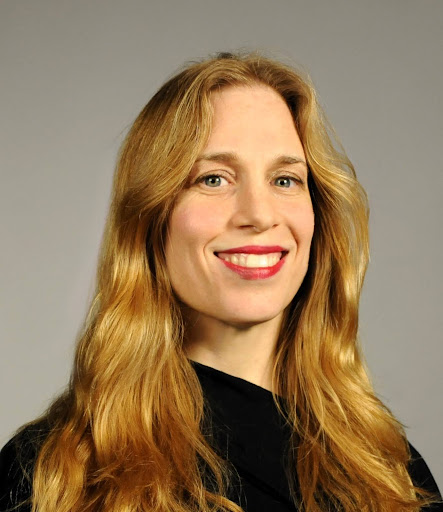Nora Libertun
Head of Knowledge in Urban Development and Housing, Inter-American Development Bank

Courses & Programs
- Sustainable Cities course
- Sustainability Master’s Degree Program
- Global Development Practice Master’s Degree Program
What do you like about teaching at Harvard Extension School?
This year will be my first time teaching at HES and I am very excited about it for so many reasons! One is that it supports a classroom mode that is closer to embodying the ideal of universal education, in which high-quality knowledge can be made accessible to anyone. Two is that by virtue of its online platform, HES courses become available to students all over the world who are embedded in different places and realities. Learning about a foreign reality helps us understand how many aspects of our own reality we have naturalized and thus enables us to become more aware of our own surroundings. Three is that it attracts students who are at very different moments in their journey of engaging with formal education, from exploring college classes to coming back to a classroom after having already acquired other scholarly credentials or professional experience, and who have chosen to study this class. This brings an amazing energy to the class as as these students have demonstrated they have a real desire to engage with the class topics.
What are your areas of expertise/interest?
I am fascinated by cities because, even if they house the harshest contrasts between poverty and affluence, cities are also where the promise of a more prosperous and fair society can materialize. This is because cities are living, complex, human organizations that result from the continuous interaction between people, technology, and their environment in a specific place. As they endure through long spans of time, cities factor in the way societies evolve and interact with each other and with nature, providing both continuity but also opportunities for change. In that regard, I am especially interested in creating development opportunities for households led by women and for people with disabilities. Understanding how markets and states can shape these opportunities to enable more prosperous, harmonious, and fair societies, is central to my work.
What are some essential topics you cover in your course(s)?
My course, Sustainable Cities, centers on the concept of sustainability as the harmonious relationship among diverse peoples, between people and the environment, and between the ambitions of present and future generations. It is structured around four questions: Why do we care about sustainable cities?, What are the environmental impacts on cities?, Who are the most vulnerable to environmental impacts in cities?, and How can we promote more sustainable cities? Throughout the course, there is an emphasis on understanding how the same impacts can affect communities in very different ways. I am keen on promoting students’ ability to analyze competing ideas and to sustain ideas with factual evidence. Also, on making transparent the normative principles that inform these ideas. And, more important yet, on being able to listen and to discuss divergent ideas.
About Nora Libertun
Nora Libertun de Duren leads the urban development and housing research agenda at the Inter-American Development Bank (IDB). With experience spanning multilateral development banks, the public and private sectors, and academia, she has managed a portfolio of $2.5 billion in sovereign loans for development projects in Latin America, $1 billion in federal and municipal funds for urban parks in New York City, and $3.5 million in research grants focused on affordable housing and sustainability. She has published over 30 peer-reviewed papers and more than 50 chapters and monographs and is an active member of several technical committees.
Prior to joining the IDB, she served as the Director of Planning and Natural Resources for New York City and taught urban planning and international development at universities such as NYU, Columbia University, and the University of Buenos Aires. Her research has been published in leading academic journals, including the Journal of Planning Education and Research, Housing Policy Debate, International Journal of Urban & Regional Research, Cities, Urban Studies, World Development Perspectives, and City & Community. Nora holds a Ph.D. in Urban and Regional Planning from MIT with honors, a Master’s in Urban Design from Harvard University, and a Master’s in Architecture from the University of Buenos Aires. She has received numerous awards, including the MIT Presidential Award, the Harvard Fortabat Scholarship, the Fulbright Scholarship, and the gold medal from the University of Buenos Aires.